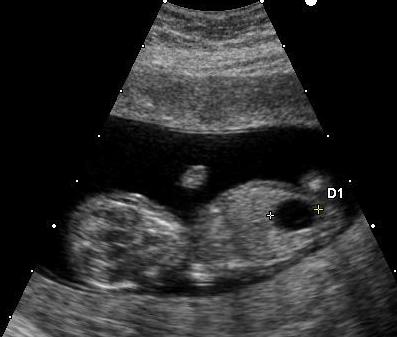Is Reducing Down Syndrome Births a Form of Eugenics?
By Richard Gunderman,
Psychology Today
| 01. 03. 2021
A recently released study finds that Europe has reduced the number of babies born with Down syndrome by 54%. In 2016, the same researchers found that the U.S. rate of Down syndrome births had declined by 33%. Some friends and colleagues have asked me whether such reductions, which entail prenatal diagnosis and elective pregnancy termination, mean that we are still practicing some form of eugenics.
Down syndrome is a genetic disorder usually associated with an extra copy of chromosome 21 – hence its other name, trisomy 21. Children with Down syndrome generally exhibit growth delays, reduced intelligence, and a shortened life span of around 60 years. The risk of having a baby with Down syndrome increases with parental age. When prenatal testing reveals the diagnosis, some parents, including apparently many in Europe and the US, elect to terminate the pregnancy.
The widely-shared belief that people with Down syndrome cannot have children is mistaken. Fertility rates across the board for individuals with Down syndrome are lower – and much lower in men than in women – but babies have been...
Related Articles
By Emma McDonald Kennedy
| 11.24.2024
Gig work in childcare, nursing, and transportation; non-invasive prenatal testing; gene editing; and space expeditions can all be attributed to one mistaken, pervasive assumption: that “we can innovate our way out of the thorniest problems, including reproductive ones” (22). In Reproductive Labor and Innovation: Against the Tech Fix in an Era of Hype, feminist political theorist Jennifer Denbow demonstrates why the U.S. has put so much of its hopes, and its money, on technological “innovations”––and why that hasn’t addressed...
By Tamsin Metelerkamp, Daily Maverick | 11.18.2024
The National Health Research Ethics Council (NHREC) has confirmed that heritable human genome editing (HHGE) remains illegal in South Africa, after changes in the latest version of the South African Ethics in Health Research Guidelines sparked concern among researchers that...
By World Health Organization, World Health Organization | 11.20.2024
By Bernice Lottering, Gene Online | 11.08.2024
South Africa’s updated health-research ethics guidelines, which now include heritable human genome editing, have sparked concern among scientists. The revisions, made in May but only recently gaining attention, outline protocols for modifying genetic material in sperm, eggs, or embryos—changes that...




